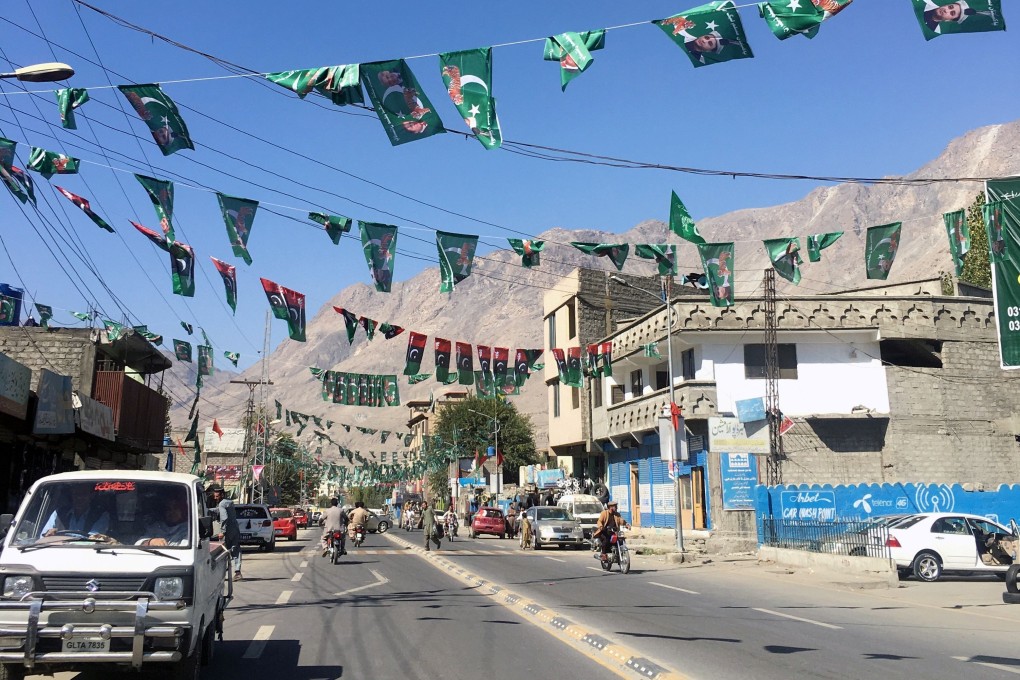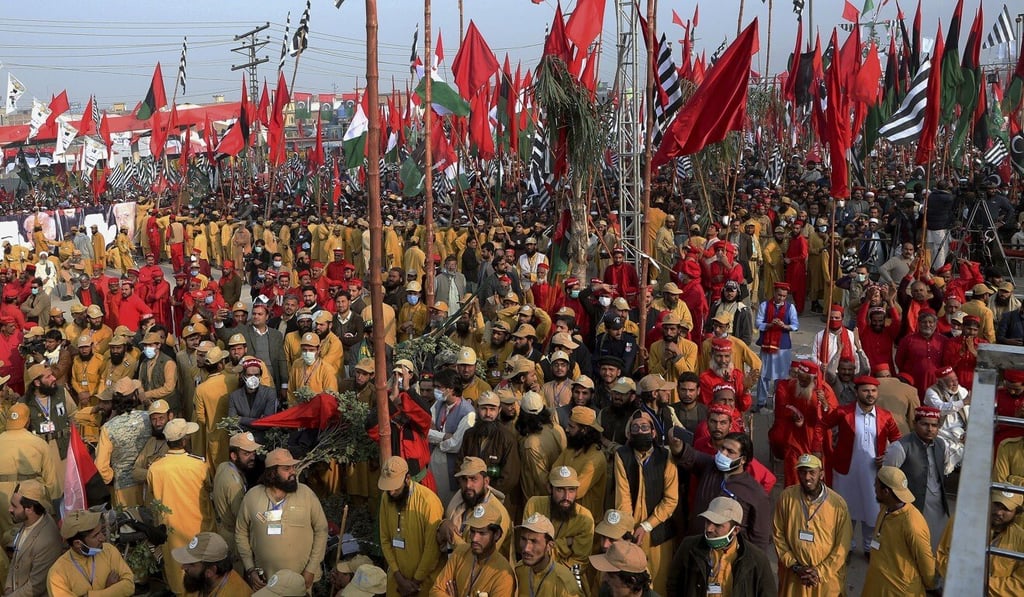Pakistan’s plan to annex Kashmir’s Gilgit-Baltistan hits snag amid disputed election fallout
- For the first time in over a decade, the party of power in Islamabad has failed to win a clear majority in Gilgit-Baltistan’s legislative assembly elections
- Hopes of a strong mandate for making the region Pakistan’s fifth province have been dashed, just as a national opposition coalition gains momentum

For the first time since Gilgit-Baltistan’s legislative assembly was established in 2009, the party of power in Islamabad has failed to win a clear majority in the region’s elections. Khan’s Pakistan Tehreek-e-Insaf (PTI) party and its ally Majlis-i-Wahdat-i-Muslimeen won just 10 of the assembly’s 24 directly elected seats, according to official results issued on Tuesday – a full nine days after voting concluded on November 15.
The PTI is still able to form a government for the region after striking a deal last weekend with six victorious independent candidates – all of them former party members. Six more PTI candidates have been elected to the nine seats reserved for women, technocrats and professionals under the region’s system of proportional representation.
Yet instead of strengthening the case for making Gilgit-Baltistan the fifth province of Pakistan, the election’s disputed outcome could now drag the remote mountainous region into a burgeoning opposition movement that seeks to overthrow Khan’s government.

The Pakistan Democratic Movement was formed in September with the express purpose of bringing an end to political interference by the country’s powerful military, which the opposition accuses of rigging the 2018 general elections in favour of Khan and his PTI. Its leaders had warned that their support for the annexation of Gilgit-Baltistan would be contingent upon free and fair elections being held in the region.
